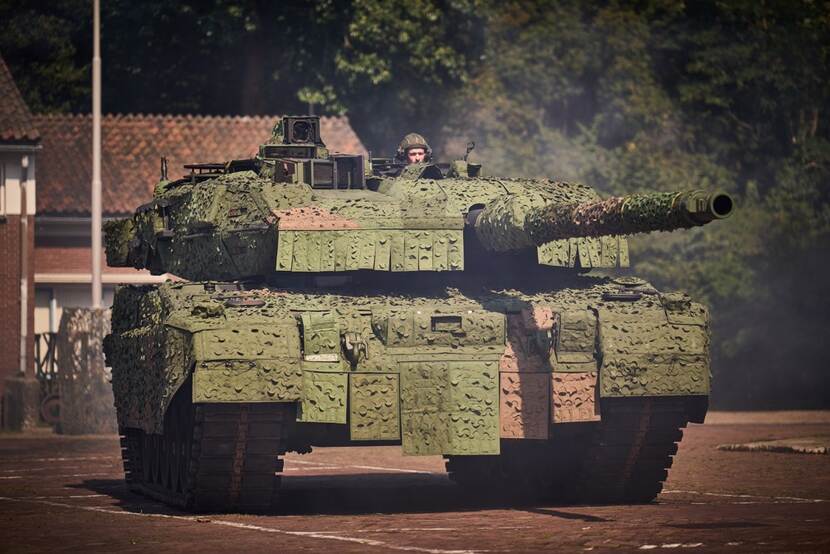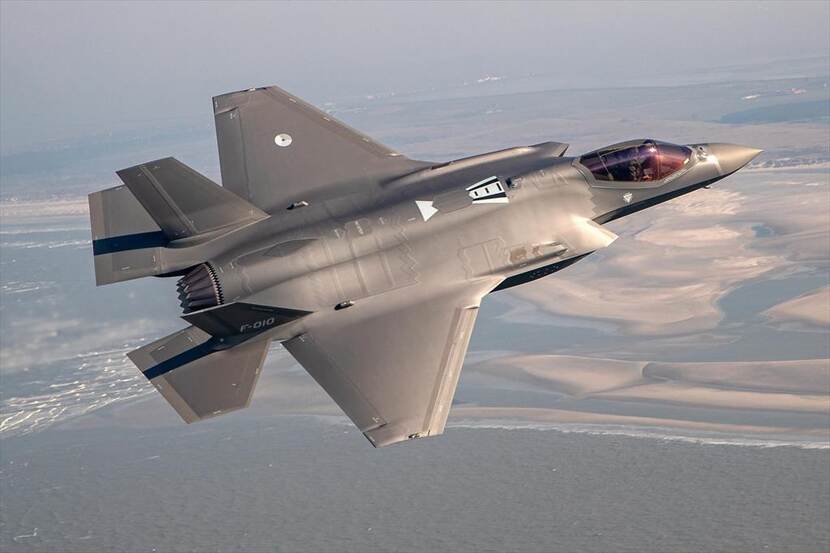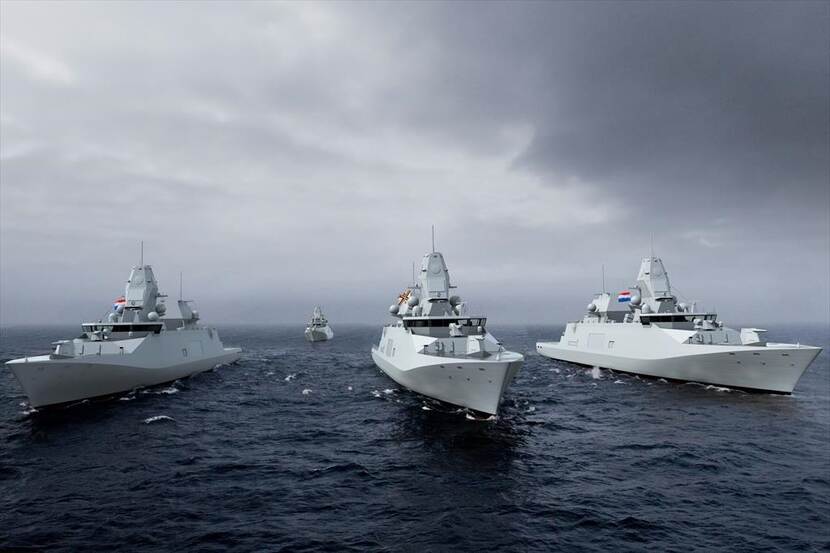Defence White Paper 2024: Strong, smart, together
To ensure the security of the Netherlands, we will invest heavily in our contribution to the NATO alliance. The army will once again have its own tanks, the air force will receive additional F-35s and the navy will take delivery of additional frigates for anti-submarine warfare. The military police will also be strengthened and the Ministry of Defence will structurally allocate an additional EUR 260 million to attract and retain personnel. It will also invest in innovation and the defence industry to boost and sustain the production of military equipment. These are just a few of the measures set out in the Defence White Paper, which was published today.

The investment is necessary because, after a long period of peace in Europe, the Netherlands must actively contribute to deterring adversaries in order to prevent armed conflict.
New threats require action. The new acquisitions reflect the higher standards set by NATO. The alliance is calling for investment in heavier combat capabilities for land operations, for example.

As Minister of Defence Ruben Brekelmans explained, the best way to prevent war is to keep potential adversaries at bay. This requires a credible, powerful and innovative military. Investing in the armed forces is therefore essential to actively ensuring the security of the Netherlands. Russia’s unbridled aggression in Ukraine shows that an attack on the NATO alliance is no longer inconceivable. Such an attack would have a major impact on the security and prosperity of the Netherlands. Together with our allies, we must therefore make every effort to prevent such an attack. The new Defence White Paper is a major step in that direction.

Rising tensions
Tensions are also rising in the Middle East, and China is more assertive in trying to bend international rules in its favour. State Secretary for Defence Gijs Tuinman added that that growing assertiveness could ultimately disrupt trade between Asia and Europe. In addition, hybrid threats have become commonplace. Examples in this regard include cyber attacks and other forms of societal disruption. According to the government, the threats are accumulating. Tuinman said the situation calls for a military that can deliver and is ready to fight.

Combat power and innovation
That readiness also applies to combat at sea and in the air, where superiority and defence are of paramount importance, hence the planned acquisition of additional fighter aircraft, ships and helicopters. Other investments include drones, mobile anti-drone cannon systems and a laser system. Total defence spending will be around EUR 24 billion. According to Brekelmans, the government will allocate an additional EUR 2.4 billion to defence. The additional funding will be used to accelerate the strengthening of the armed forces. Each year, approximately EUR 1.5 billion will be invested in combat power. Every effort will also be made to stimulate innovation and the defence industry, as today’s innovations will be crucial to winning future wars.
Personnel
Service members constitute the most important element of the armed forces. Substantial investment will therefore be made in recruiting and retaining personnel. As Tuinman explained, you can buy a lot of materiel, but a tank will go nowhere without a crew. Without people, F-35s stay on the ground and frigates stay at the quay.
The Ministry of Defence will also be working towards a scalable military; one that can grow or shrink in terms of personnel depending on the threat it faces. More reservists will be recruited. They will be deployed as full-fledged military personnel in permanent and scalable units. According to Tuinman, the voluntary service year will also be expanded.
Additional spare parts
The Ministry of Defence is continually investing in strengthening ties with NATO allies. In the event of a large-scale conflict, the alliance must work as a well-oiled team. Furthermore, military personnel, including those from the Netherlands, must be able to sustain combat operations for prolonged periods of time. The war in Ukraine shows the importance of this. Brekelmans explained that a lot of money is therefore being spent on expanding support such as medical and logistical capabilities. Stockpiles of spare parts, ammunition and other items needed for operations will also be significantly increased. These measures are needed to ensure national security.
Resilient society
According to Brekelmans, the armed forces will only be successful in times of rising tensions if all of society is resilient and contributes. The Ministry of Defence is therefore strengthening ties with many parties, ranging from companies and knowledge institutes to other ministries and local authorities. Many partners can help prevent the spread of war in Europe. The Minister therefore stressed the importance of continuing to provide full support to Ukraine and of ensuring credible deterrence.